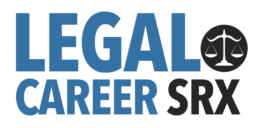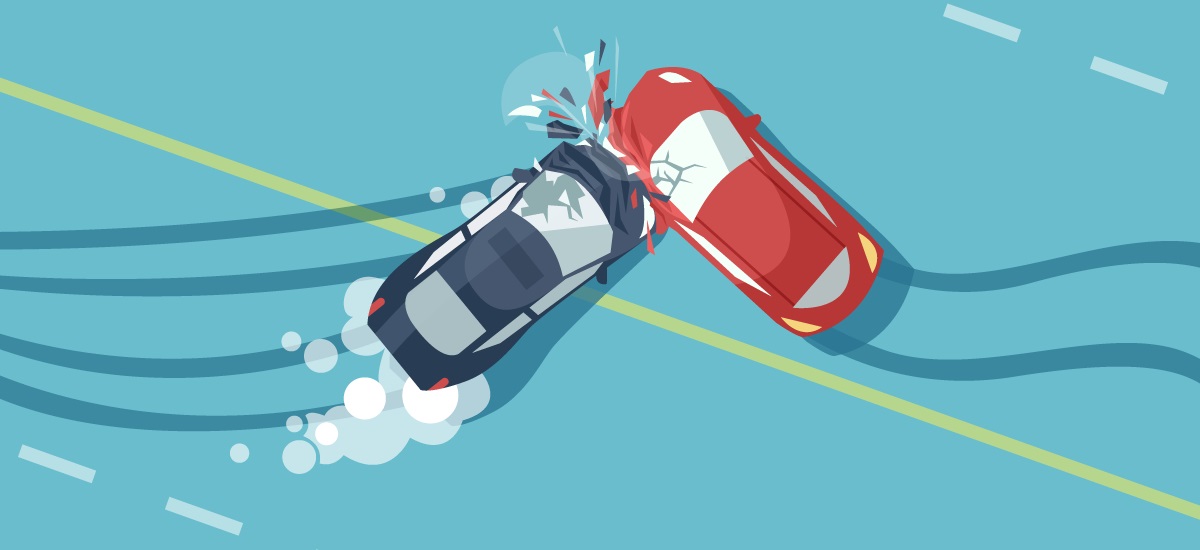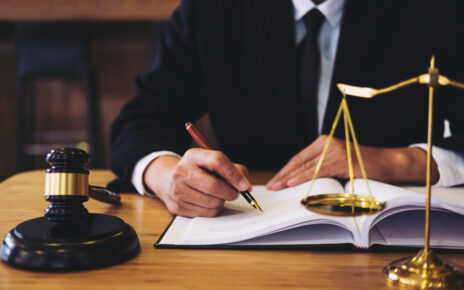Navigating the aftermath of a road accident can be overwhelming, whether you’re dealing with minor injuries or significant damages. Understanding how to respond at the scene and what legal steps you may need to take afterward is crucial. This guide offers essential advice on handling auto accidents and protecting your legal rights, with the goal of making this challenging process a bit easier.
Immediate Steps After an Auto Accident
When you find yourself in the unfortunate situation of an auto accident, the initial moments are crucial. Safety should be your top priority. Check yourself and others for injuries and call emergency services if needed. Moving to a safe area, away from traffic, is also vital, provided you can do so without causing further harm.
Next, it’s important to document the scene. Take photos of the vehicles, any visible damage, the road conditions, and any relevant road signs or signals. This documentation can be critical if there are disputes about what happened or who is at fault.
Exchange information with the other driver, including names, contact details, and insurance information, but avoid discussing fault or making statements that could be interpreted as an admission of liability. These conversations can be used against you in future legal proceedings.
Navigating Insurance and Legal Concerns
After addressing immediate safety and health concerns, the next step is dealing with insurance claims. Contact your insurance company as soon as possible to report the accident. Be factual in your report, and provide any evidence you gathered at the scene. Remember, while insurance companies play a crucial role in covering damages, their primary aim is to settle claims economically. Be cautious about accepting initial settlement offers without considering the full extent of your damages and consulting a legal expert.
This is where an auto accident attorney can be invaluable. An attorney who specializes in auto accidents can offer guidance on how to ensure that your claim accurately reflects your losses and negotiate on your behalf with insurance companies. They can help you understand the often complex legal and procedural rules that apply to auto accident claims and ensure that your rights are protected throughout the process.
Why You Might Need a Personal Injury Lawyer
In many cases, auto accidents result in physical injuries that might not be immediately apparent. Symptoms of whiplash, concussions, or other internal injuries may appear days after the accident. Medical evaluations are essential after any significant impact, even if you feel fine initially.
If injuries from an auto accident lead to medical bills, lost wages, or potential long-term care, a personal injury lawyer can help you recover these costs. They understand the intricacies of personal injury law and can assist in proving negligence and liability. They will work to ensure that you receive comprehensive compensation that covers not only immediate medical expenses but also any ongoing rehabilitation costs and non-economic damages like pain and suffering.
Educating Yourself and Seeking Help
Understanding your rights and the appropriate steps to take following an auto accident can significantly impact the outcome of your insurance claims and potential legal actions. It’s advisable to educate yourself about these processes before you find yourself in a crisis situation.
Additionally, remember that legal experts are there to assist you. Whether you’re negotiating with insurance adjusters or filing a lawsuit for damages, having the right support can make all the difference. An experienced attorney can offer peace of mind and ensure that you focus on your recovery while they handle the complexities of the legal proceedings.
In conclusion, while no one wants to be involved in an auto accident, being prepared can help mitigate the stress and impact of such events. Take the time to learn about road safety, understand the necessary steps to protect yourself after an accident, and know when to seek professional help. By being informed and proactive, you can navigate these challenging situations more effectively and ensure your rights are fully protected.





